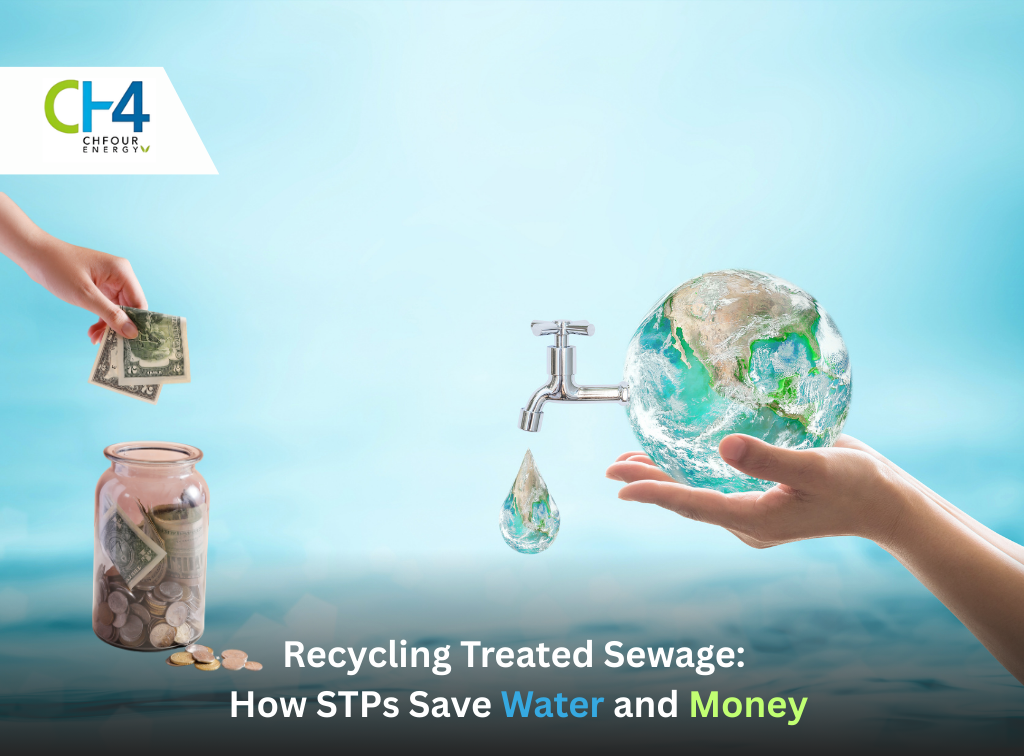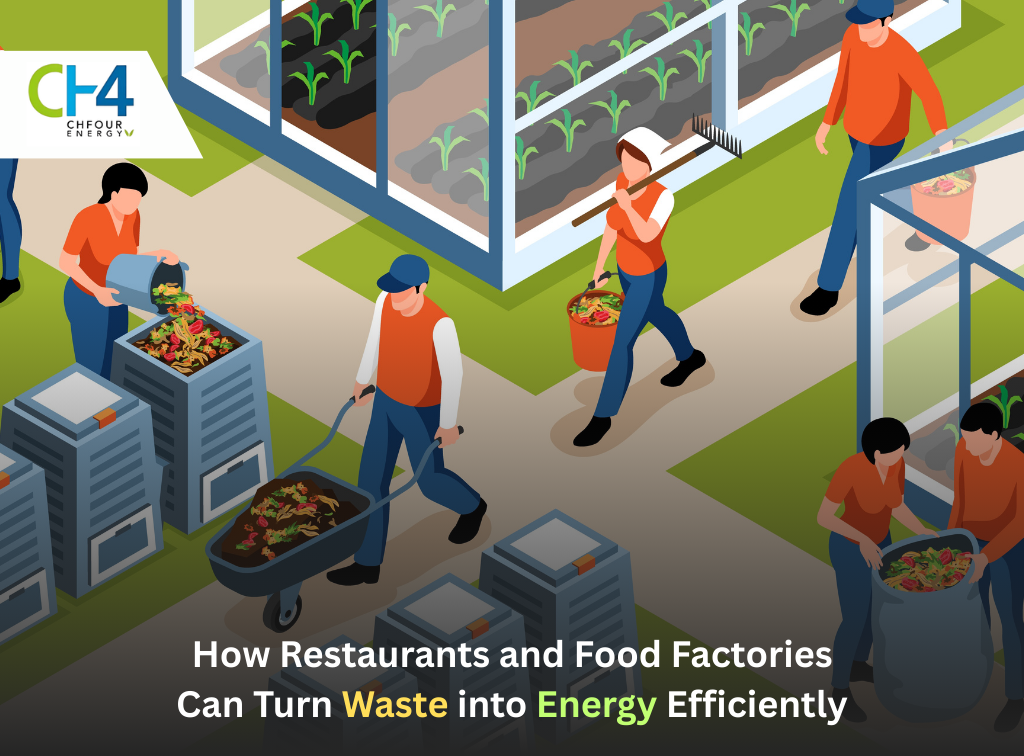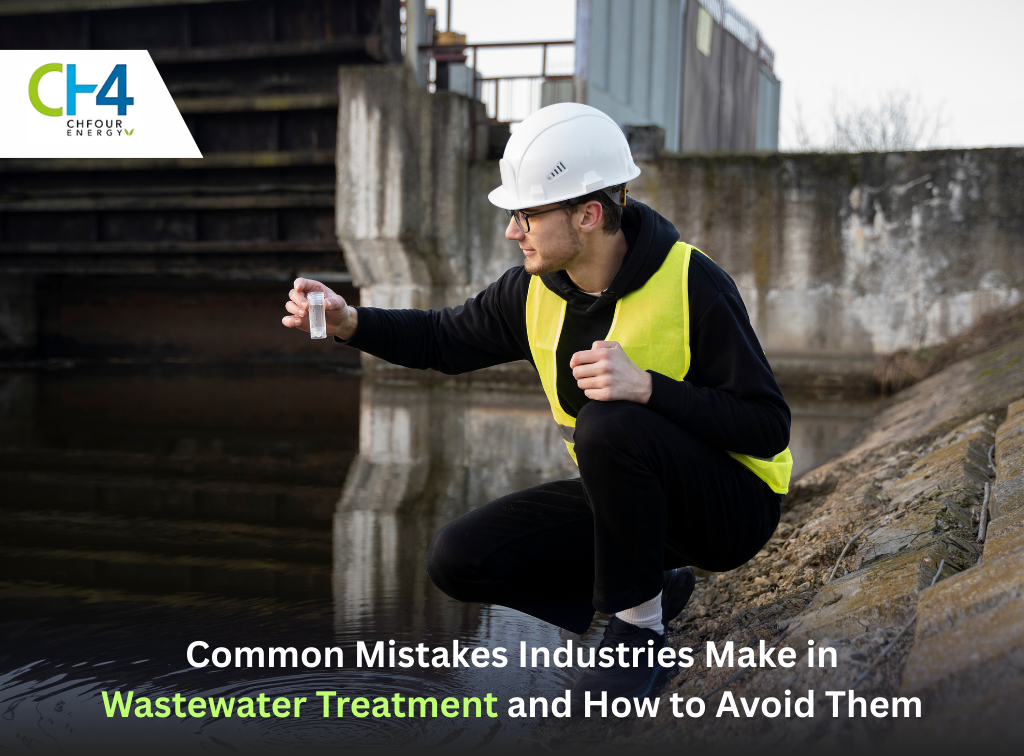Industrialization is fostering the country’s economic growth. But we certainly cannot bolster growth at the cost of the environment! We need to conserve the environment with innovative solutions that mitigate environmental damage.
Industries use a massive amount of water to perform the various processes they specialize in. These processes lead to the release of harmful waste containing toxic chemicals, poisonous liquids, etc.
These contaminants can affect the environment if left untreated and released into natural water bodies. That’s where the role of ETPs and ETP water treatment comes into the picture. Accordingly, let’s delve into various aspects of an ETP and look at its benefits to understand its role and why ETP water treatment is necessary for environmental conversation.
What is an Effluent Treatment Plant?
Effluent Treatment Plant or ETP is a process that treats wastewater, makes it reusable, and releases it into natural water bodies like rivers.
What is the Process of ETP Water Treatment?
Industrial wastewater is contaminated by organic, inorganic material, metals, oil, grease, and processed solids. ETP treats this water batch by batch or in continuous flow. Process undergoes the following treatments
- Physicochemical treatment
- Polishing Treatments like
- Sand Filtration
- Reverse Osmosis (RO)
- Ozonation (Chemical Oxidation)
- Ultra-Filtration (UF)
- Activated Charcoal Treatment (Adsorption)
- Evaporation
ETP Design – Overview
The structure of ETP mainly depends on the type of Industry. Physical, chemical, and biological are essential characteristics to consider while designing an ETP. Hydraulic computations, channels, and pipes control wastewater flow from the outlet. If the flow is heavy, we must construct an equalization tank to maintain a constant downstream process.
Benefits of ETP Water Treatment
Let’s overview some of the benefits of ETP that constitute their importance.
- Treat Effluent Waste: Effluent waste contains chemicals and toxic substances that can contaminate the environment. ETPs treat this waste.
- Prevent Water Contamination: Effluent water is treated before it is released into river water, thus preventing water contamination.
- Water is Cleansed for Reuse or Discharge: ETPs cleanse water and make it available for reuse or appropriate for discharge. Thus, water is cleansed before it comes in contact with the outer environment.
- Conserve Environment: With these factors altogether, ETPs contribute to environment conservation.
Applications of Effluent Treatment Plants
Some industries that use ETP Water Treatment include the following.
- Manufacturing
- Leather
- Chemical
- Textile
- Pharmaceuticals
The ETP Water Treatment requirements and standards of each of these industries are unique. CHFour serves them with custom ETPs that ensure effective effluent treatment.
Connect with CHFour for Custom Effluent Treatment Plants
At CHFour, we manufacture highly customized effluent treatment plants. But we do not confine ourselves to manufacturing custom ETPs. We extend our support to provide deploying, operating and maintaining ETPs as well.
We focus on efficient, cost-effective, and reliable end-to-end services for our clients. Our positive client feedback, long-running clientele, and efficient products constitute our success as ETP, STP, and WTP end-to-end solutions providers.
Want to know more about ETPs or need a custom ETP Water Treatment for your factor? Connect with us at +91 8055573883 or write to us at info@chfour.net.






